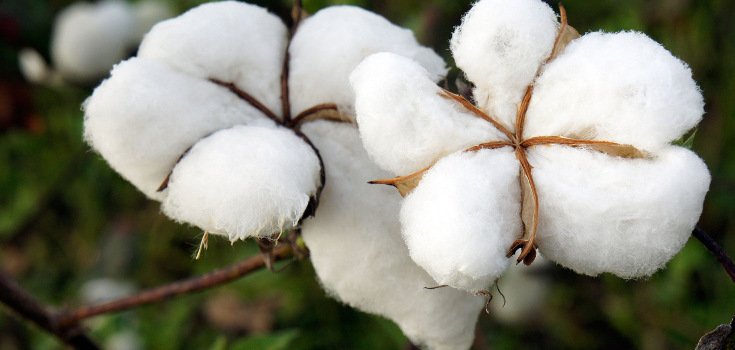West African Country Dumps Monsanto’s GM Cotton, Seeks Compensation

Due to ‘disappointing yields and poor quality cotton fiber,” the country of Burkina Faso in West Africa is ditching Monsanto’s genetically modified cotton.
Jeune Afrique reports that Interprofessional Cotton in Burkina Faso has decided to phase out the use of Monsanto’s GMO cotton seeds over the next three years. This is a group of cotton farmers, banks, research institutions, private stakeholders and the government. It isn’t just cotton farmers that are complaining about Monsanto’s GM cotton, though.
Interprofessional Cotton members include the Société burkinabè des fibres textiles (Sofitex), Faso Coton, and the Société cotonnière du Gourma (Socoma, subsidiary of the French group Geocoton).
All of these groups have complained that Monsanto’s GM cotton did not produce quality cotton fiber, and farmers have experienced lower yields than with non-GM cotton. The group will also seek compensation from Monsanto for lower yields they experienced since the 2008 growing season.
The group is denouncing its contract with Monsanto due to the lower quality performance of the GM cotton, and also lower yields.
Advocates of GM cotton state that they have increased agricultural production by more than US$98 billion and saved an estimated 473 million kilograms of pesticides from being sprayed in the US, but critics question their environmental, social, and economic impacts – with good reason. Among the complaints are that GM cotton has caused superweeds, and driven Indian farmers to suicide.
Genetically modified organisms and crops are so controversial that communities, states, and even entire nations are at the very least attempting to ban or suspend these creations – with some areas having notable success. A small example within the U.S. can be seen when a federal judge in southern Oregon recently decided to uphold Jackson County’s ban on genetically engineered crops after two alfalfa farms requested that the ban be blocked.
Another example can be seen with the nation Hungary, which could be the first to introduce the new European Union regulations allowing countries to ban the cultivation of GMO crops.
As time goes on, you can expect to see more suspensions and even bans on Monsanto’s GMOs as well as the company’s herbicidal chemical creations meant to be sprayed on GMO crops.

So Bobo, doesn’t this make you want to down a jug of your juice??
It doesn’t look like Bobo wants to play in this sandbox. I guess there’s not much to argue…though of course, I wouldn’t be surprised to see him try…
I think Bobo betting on TTP & TTIP. This bird must not fly!! If it does, were all screwed. Maybe Bobo had a reality check?
The Maui Moratorium on GMO is in court today…Maui develops almost all of the new GMOs sold by Monsanto and Dow. The injunction stopping our vote from being enforced is ridiculous, especially considering the Ban in Benton has already been allowed. We are the frontline and our vote for independent tests needs to be enforced.
According to AP: “You can trace the genetic makeup of most corn grown in the U.S., and in many other places around the world, to Hawaii.”
According to CFS: “Since 1987 Hawai‘i has hosted more cumulative field trials (3,243) than any other state. In 2014 alone, 178 different GE field tests were conducted on over 1,381 sites in Hawai’i (vs. only 175 sites in California). Herbicide-resistance was the most frequently tested trait in GE crop field tests in Hawai‘i over the past five years.”